The trend reflects a crisis of confidence in the American education system, once considered the foundation of society.
Every morning, 7-year-old Scarlett Laughlin spends less than an hour learning at the kitchen table. Then she goes to a nearby farm to learn how to care for goats and grow vegetables, and in the afternoon she plays in the park. This unusual learning method is becoming more popular in the United States as families homeschool their children.
Like many parents, Scarlett’s parents were skeptical of the American public education system. They believed the curriculum was too rigid, exposing children to bullying, social pressure, and political controversy over the content of instruction.
Other families choose homeschooling to control the content, create a safe environment, or support their child’s special needs. They believe that a “one-size-fits-all” public school system does not accommodate the diversity of students’ abilities.
The US public school system is going through an unprecedented crisis. Over the past four years, the number of public school students has dropped by more than a million, the largest decline in decades. By 2031, that number is expected to fall by another 7.6%, or nearly 4 million students.
The reasons are many: declining birth rates, families fleeing expensive cities, and the lingering effects of the Covid-19 pandemic. California alone lost 325,000 students, or 5% of its total. In urban areas, the average decline was 4%.
As a result, public school budgets are cut as enrollment declines, creating a vicious cycle: fewer resources, teachers leave faster than they can be hired, class sizes get larger, and the quality of instruction declines. More than 70% of public schools report difficulty recruiting, especially in math, science , and special education.
However, the trend of homeschooling is also controversial. Some experts warn of the risks of lack of supervision. Many states do not regulate this activity, and parents can arbitrarily withdraw their children from school without notice or reporting.
A 2021 Harvard study found that homeschooled students were 23% less likely to attend college than public school students. The reason was lower academic achievement and less college orientation, raising questions about the long-term career prospects of the younger generation.
In addition, researchers warn that as the role of public schools declines, social cohesion is also affected. When parents turn their backs on the educational norms of society, this shared institution risks disintegrating, leading to deeper inequality and division.
In California, Katrina O'Neil pulled her mentally challenged son out of public school after he became stressed and under-appreciated. When she homeschooled him, he made remarkable progress, taking astronomy classes at the University of California, Berkeley, at age 9. O'Neil credits homeschooling with helping her son rediscover his joy of learning and his confidence.
Source: https://giaoducthoidai.vn/lan-song-bo-truong-cong-hoc-tai-nha-lan-rong-o-my-post749620.html



![[Photo] General Secretary To Lam visits Long Thanh International Airport Project](https://vphoto.vietnam.vn/thumb/1200x675/vietnam/resource/IMAGE/2025/11/13/1763008564398_vna-potal-tong-bi-thu-to-lam-tham-du-an-cang-hang-khong-quoc-te-long-thanh-8404600-1261-jpg.webp)



![[Photo] The "scars" of Da Nang's mountains and forests after storms and floods](https://vphoto.vietnam.vn/thumb/1200x675/vietnam/resource/IMAGE/2025/11/13/1762996564834_sl8-jpg.webp)


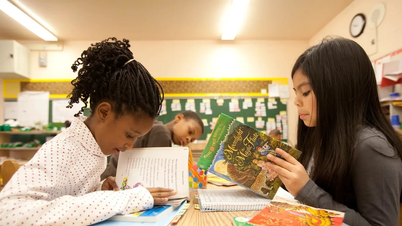
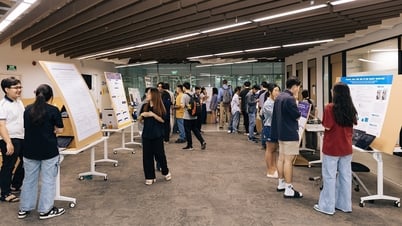

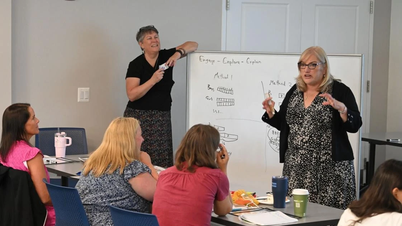
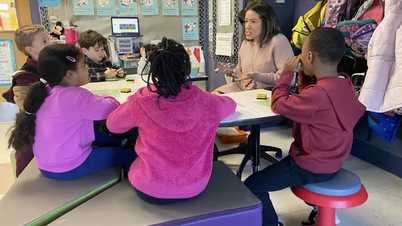


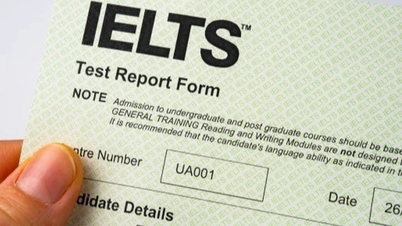

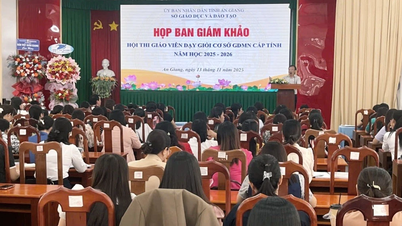




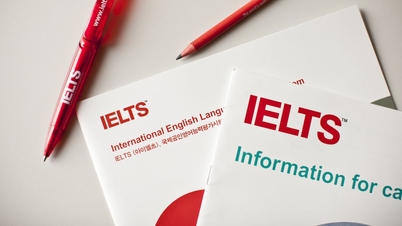






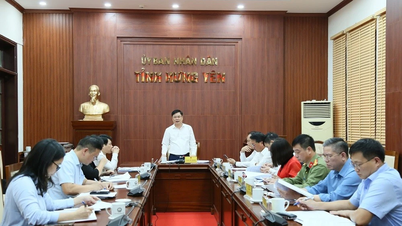

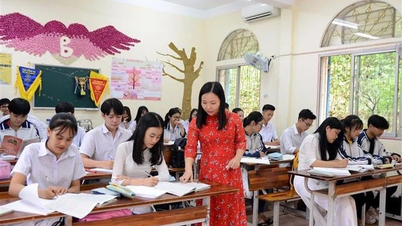












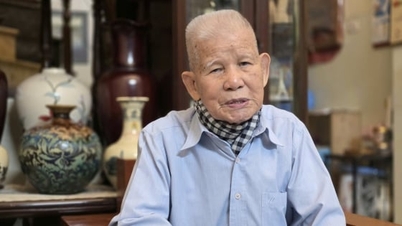







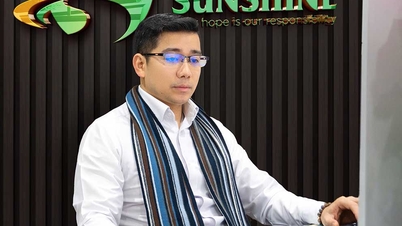









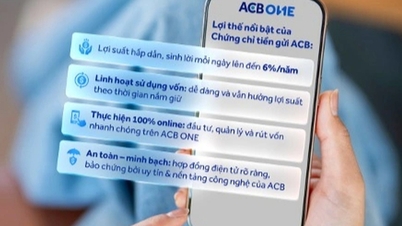






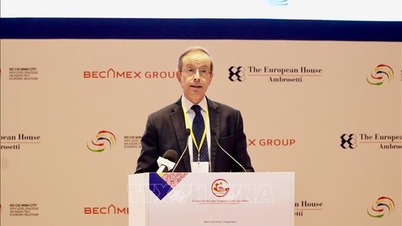




























![Dong Nai OCOP transition: [Article 3] Linking tourism with OCOP product consumption](https://vphoto.vietnam.vn/thumb/402x226/vietnam/resource/IMAGE/2025/11/10/1762739199309_1324-2740-7_n-162543_981.jpeg)







Comment (0)